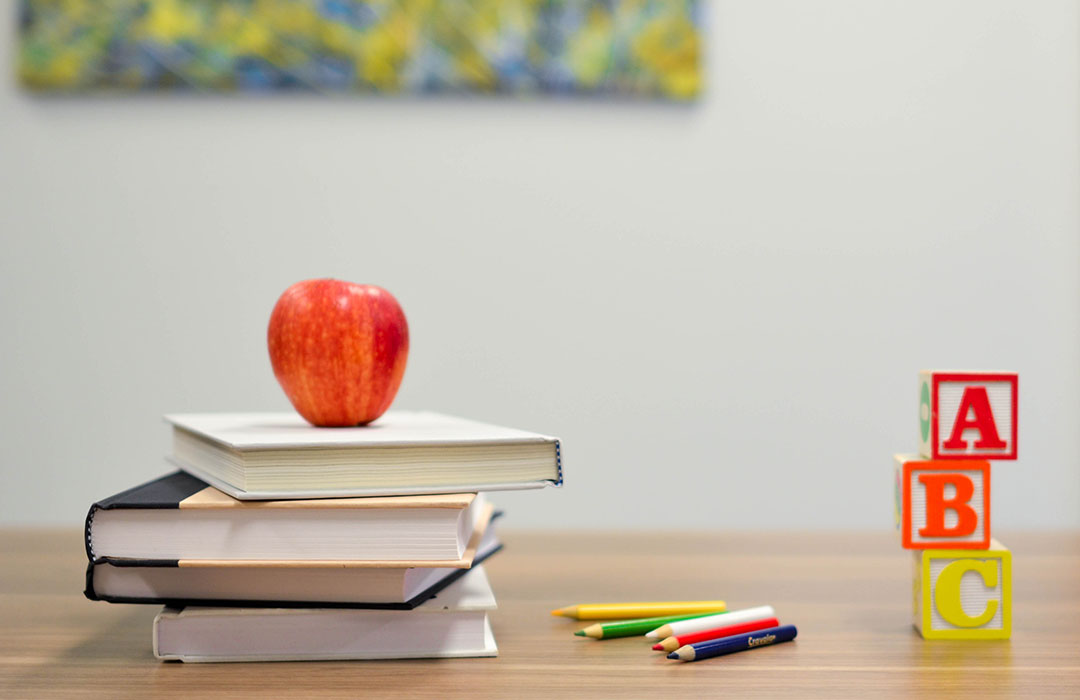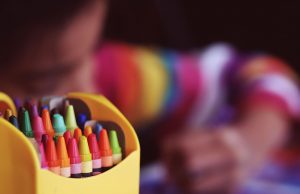
- Many children suffer from learning disabilities, which affect their performance at school; fortunately, they can learn to manage them and still find success in the classroom.
- ADHD, memory and processing deficits, and dyslexia are some of the most common learning disorders students are facing today.
- Teachers quickly take notice of these disabilities: for example, teachers notice that children with dyslexia have difficulty with reading, spelling, or pronouncing words.
- Children can still find success, despite their learning disability; it’s all about becoming aware of the problem and finding the right help.
- If your child has a learning disability, do your best to support them and work with their educators and/or a counselor to help them succeed in school.
Many school-aged children suffer from disorders and disabilities that affect learning, such as attention deficit/hyperactivity disorder (ADHD), dyslexia, dyscalculia, language processing disorder, and many more. But what are the most common learning disabilities in the classroom today, and how can students best manage them to find success at school?
4 of the Most Common Learning Problems Today
Emily Morrison, an English teacher of 19 years, has nearly two decades of experience with children in the classroom. She has seen, firsthand, how learning disorders have affected children in school. “Over the last decade or so, I’ve noticed an escalating population of students who have significant learning differences. Namely: ADHD, processing deficits (visual and auditory), working and short-term memory deficits, and dyslexia. Even more than these disabilities, I’ve noticed a dramatic increase of students with anxiety, depression, and mood disorders. Though these disorders significantly impact students’ ability to learn, they are classified as medical conditions and students are given 504 plans versus individualized education plans to help accommodate their learning needs.” Here’s more on three widespread learning disabilities identified by Morrison:
1. ADHD. Morrison says this is the most pervasive learning disability she sees. “Students with ADHD often lack focus, impulse control, or the ability to stay still for long. Conversely, students with ADD can stay still for long periods of time and maintain control of their impulses, but they still struggle to pay attention.”
2. Processing. She also sees many students struggle with processing disabilities. “Some students cannot follow verbal instructions because they lack the ability to comprehend and retain what they hear. Other students need almost all materials read aloud or have audio copies provided for them,” she explains.
3. Memory. Another common learning disability has to do with memory. “In an age of instant information, more and more students seem to have fleeting retention of information. Though I suspect the roots to this disorder go back to early childhood development, the bottom line is the same: students cannot hold onto information in their brain long enough to synthesize its meaning (working memory deficit). On the flip side of this coin is short-term memory: students can understand/process information but cannot retain it for long periods of time.”
4. Dyslexia. Finally, dyslexia is also common, but not as common as those that precede it in this list. Morrison says this might be due to a lack of diagnosis. “Dyslexia is an easy learning disorder to miss. Early on, teachers may notice kids having difficulty reading, spelling, or pronouncing words correctly but they can mistakenly attribute these behaviors to poor reading skills or laziness if a student is particularly unwilling to read aloud or perhaps has developed other distracting behaviors to divert attention away from their significant learning difference.”
Finding Success at School
Learning disorders can be debilitating to children suffering with them, but they can still find success in school. It’s all about developing the necessary tools and learning to manage their disorder or disability as soon as the problem becomes apparent. Sometimes, this means receiving extra assistance, be it from a teacher, counselor, or both. If you feel like your child is struggling with a learning disability, support them and work with their educators to understand what help your child needs.
Let’s keep in touch! Sign up to receive our newsletter:
Start a Relationship with An Exceptional Counselor
- Skilled and caring professional counselors
- Accepting all major and most insurances
- High-touch customer service & premium benefits
- Same- or next-day appointments
- Ultra-flexible 23.5hr cancellations













